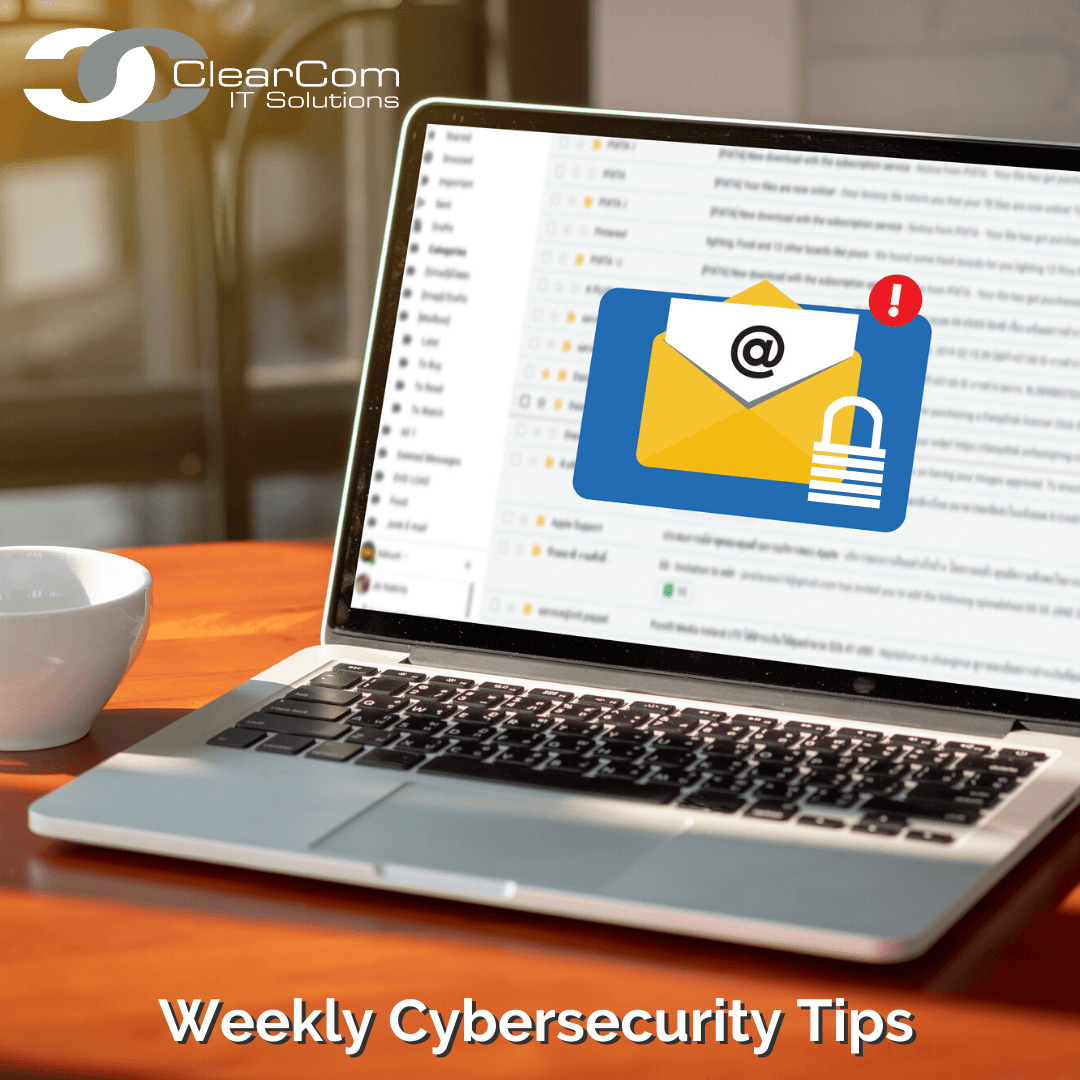 Having private information about your small business clients is invaluable to your business; however, ensuring that their data remains secure is vital. Unfortunately, small companies can appear to be more attractive targets to hackers than larger companies, as many don’t invest as many resources in cybersecurity.
Having private information about your small business clients is invaluable to your business; however, ensuring that their data remains secure is vital. Unfortunately, small companies can appear to be more attractive targets to hackers than larger companies, as many don’t invest as many resources in cybersecurity.
Here are some suggestions for securing your data and keeping the information of customers and clients private:
1. If you collect it, protect it.
Follow reasonable security measures to ensure that customers’ and employees’ personal information stays protected from inappropriate and unauthorized access.
2. Have a strong privacy policy.
Customers need to know that you are protecting their information. Ensure you have a policy in place that they can refer to, explaining how you are keeping personal information safe. Please make sure that you are transparent with customers about the consumer data you collect and how it is used. Being honest with them will help you build consumer trust and show you value their data and are working to protect it.
3. Know what you are protecting.
Be aware of all the personal information collected about your clients, where you store it, how you use it, and who has access. Understand the kind of assets you have and why a hacker might pursue them. You cannot protect what you don’t know you have.
4. Don’t collect what you don’t need.
The more valuable information you have, the bigger a target you might be. Avoid using Social Security numbers or other personal information for customer identification purposes. Opt instead for log-in identification and passwords. More layers of identification help prevent attackers from simulating users. Delete any personal information that you don’t need.
5. Keep a clean machine.
Keeping your systems updated with the latest security software, web browser, and operating system is the best defense against viruses, malware, and other online threats. Many software programs will automatically connect and update to defend against known risks. Enable automatic updates if this option is available.
6. Use multiple layers of security.
Spam filters will weed out malware and phishing scams, keeping your email safer. Employ a firewall to keep criminals out and sensitive data protected from exploitation. Advanced threat protection and endpoint detection and response recognize threats from multiple access points. Multi-factor authentication will minimize access to your accounts if a password is accidentally compromised.
7. Educate employees.
Employees are often responsible for handling customer data. That is why they need to be kept up-to-date on protecting that information to ensure it does not fall into the wrong hands. In addition, they should be educated about the latest fraud schemes and encouraged to employ best practices, such as not responding to or opening attachments or clicking on suspicious links in unsolicited email messages.
8. Protect against mobile device risks.
Smartphones, tablets, and laptops can enhance employee flexibility and productivity, but they can also be repositories of sensitive information, which, if lost, can harm both your customers and your business. Therefore, inform employees and other partners of the importance of keeping these devices secure from loss or theft. At the same time, the stress of not reporting such an incident, if it were to happen, is even worse.
Small business security doesn’t need to break the bank. Learn more about our security services.



 Building the Ultimate Company Culture
Building the Ultimate Company Culture